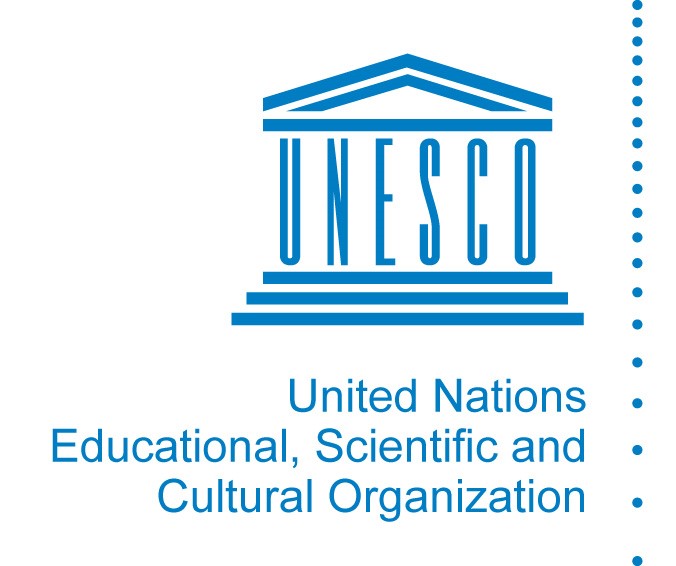Any media intervention should prioritize and guarantee women’s and girls’ rights to safety and security, confidentiality and privacy, expression of opinion and autonomy to make decisions. Subjects should be made fully aware of the purpose, intent, format and expected reach or impact of any media intervention. Participation and dissemination of any material, including audio, visual or print should be based on expressed informed consent by written or recorded confirmation.
Survivors of violence (whether those appearing in a media segment or employees of a media organization) may present symptoms of post-traumatic stress in recounting circumstances of their abuse or when they report it. It is essential to research and make available referrals to quality accessible local support services or hotlines. If the subject is a minor (under 18) it is critical to have a trained psychologist, counsellor or social worker available on site to provide support. Laws related to mandatory reporting of abuse for minors must also be researched in advance and must be fully disclosed to participants ahead of acquiring informed consent, so that the individual (and her legal guardian) are fully aware of the possible ramifications of participation.
Advocates (especially human rights defenders and women journalists) and survivors who speak out are often at greater risk of further harm or retribution. It is critical to assess risk, provide immediate security and referrals for longer-term protection and safety planning.
